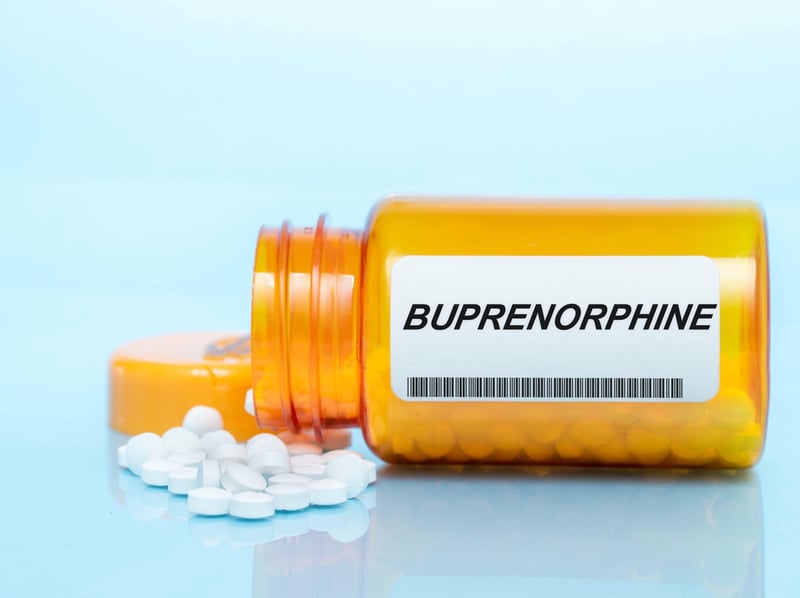Get Healthy!

- Cara Murez
- Posted June 13, 2023
Teens Rarely Get Anti-Addiction Meds When Treated for Opioid Misuse
The medication buprenorphine normalizes brain function in people addicted to opioids, but teens rarely receive it at U.S. treatment centers, a new study finds.
Only one in four adolescent residential treatment centers in the United States uses the medication to treat opioid use disorder, according to research out of Oregon Health & Science University (OHSU).
"These residential treatment centers see some of the most vulnerable adolescents in our communities, but they don't offer the standard of care for these kids," said study lead author Dr. Caroline King, who conducted the research as a medical student at OHSU, in Portland.
"With rising fentanyl-related overdoses among adolescents, we really need these centers to provide the best care,"King added in an OHSU news release. She is now an emergency medicine resident in the Yale School of Medicine in New Haven, Conn.
By not offering this medication, these treatment centers undermine efforts to deal with the country's overdose epidemic, the researchers said.
More than 109,000 people died of drug overdoses in 2022 in the United States, according to provisional U.S. Centers for Disease Control and Prevention statistics.
Buprenorphine is one of three federally approved medications to treat opioid dependence.
"It's the one medication that's approved for use in adolescents, and it's underused in facilities taking care of kids with the most severe opioid use disorder,"said study co-author Dr. Todd Korthuis, head of addiction medicine in the OHSU School of Medicine. "It's hard to imagine getting adolescents with opioid use disorder off fentanyl without buprenorphine."
To study this, OHSU medical students catalogued U.S. treatment centers that serve adolescents, mostly using a database maintained by the U.S. Substance Abuse and Mental Health Services Administration (SAMHSA).
They called centers last October to December, posing as the aunt or uncle of a 16-year-old seeking treatment after a non-fatal fentanyl overdose.
In calls to 160 residential treatment facilities serving teens, the researchers found that only 39 offered buprenorphine, including through partnership with outside prescribing clinicians.
Only 12 of those centers offered the medication to kids younger than 16.
Although buprenorphine is not approved for people younger than 16, there is no evidence of safety concerns, and the American Society of Addiction Medicine recommends it be considered for treatment of opioid use disorder in younger people.
Another 121 facilities did not offer buprenorphine or weren't sure. Among those, 57 said teens prescribed buprenorphine by their own clinician could stay on it at least temporarily. Some said they would discontinue use of the medication before discharge.
Of the centers, 27 required young patients to be off buprenorphine at admission.
"The average parent would need to call nine facilities on the SAMHSA list to find one that offered buprenorphine,"the investigators reported. "To find one for an adolescent under 16, they would need to call 29 facilities."
Korthuis noted that some treatment providers resist using buprenorphine even with adult patients. They claim it's replacing one drug for another.
"It's a big issue,"he said. "But it's something that we can change by supporting these treatment centers with education and technical assistance about buprenorphine, advocating for better funding to staff these centers, and by letting the public know that buprenorphine is necessary treatment in healing brains."
The report was published June 13 in the Journal of the American Medical Association.
Funding was partly provided by the U.S. National Center for Research Resources, a division of the U.S. National Institutes of Health.
More information
SAMHSA has more on help for addiction.
SOURCE: Oregon Health & Science University, news release, June 13, 2023





